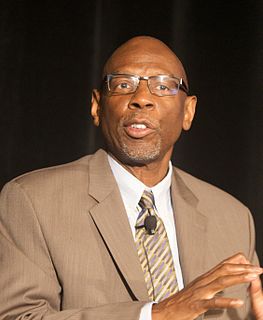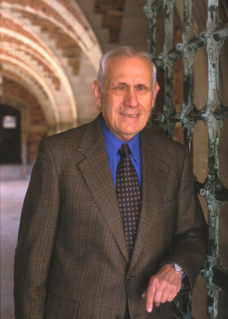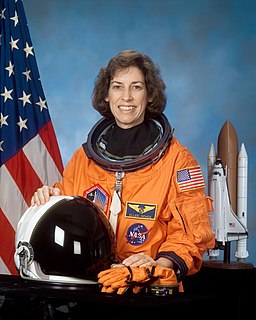A Quote by Ian Hacking
One of Kuhn's marvellous legacies is science studies as we know it today.
Quote Topics
Related Quotes
Kuhn was the intellectual of whom many scientists said he's 'telling it as is it is' insofar as talking about a process of 'tinkering' in terms of theory and experiment followed by radical changes. But often, what Kuhn had in mind were some very spectacular incidents in the history of the sciences that changed our way of looking at the world.







































